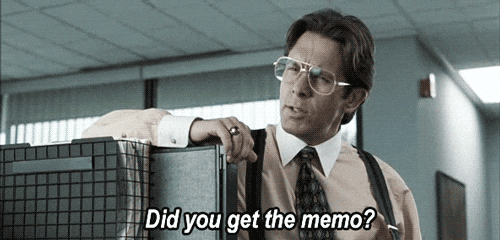
Work is not always play, but losing enjoyment costs more than most teams recognize. Long hours and daily targets become heavier without any spark of interest or humour. Teams who find ways to enjoy the process - without letting standards slip - build resilience, trust, and sharper results.
Why Enjoyment Matters
Enjoyment is a marker of engagement. It is not a distraction from outcomes. High standards do not require grey routines. Fun signals a healthy match between challenge and skill, and it keeps people showing up on tough days.
Barriers to Enjoyment
- Rigid structures that block experimentation
- Zero autonomy over methods or outcomes
- Chasing only external rewards
- Judgment or ridicule directed at any “non-serious” effort
Shifting the Experience
- Rework routine tasks so people have some say in method or timing
- Make space for small rituals: quick games, shared jokes, playlist swaps, or informal check-ins
- Rotate responsibility for running meetings, standups, or feedback loops
- Use small celebration rituals—acknowledging improvement, not just outcomes
Framework for Fun in Practice
- Start with one habit. Invite the group to tweak it for one week.
- Encourage peer appreciation. Team “thank-you” threads or board posts are simple but effective.
- Mark a public win every week—progress or a strong effort, not only the final goal.
- Let people choose a noncritical task to own or redesign this month.
What Fun Is Not
- Endless perks or forced “team building”
- Ignoring deadlines or quality
- Pleasing everyone, all the time
Enjoyment as a Practice
Fun is not accidental. It’s built by teams who make time, remove friction, and spotlight progress. The best moments stick when people can be themselves, see real progress, and find meaning in a shared mission. Share your own favourite habit that makes the day more enjoyable or less routine.
For Discussion
- When did you last enjoy work, unexpectedly?
- What’s one “boring” process your team made better or more playful?
- How do you balance fun and standards in high-stakes environments?
Philosophical Foundations
- Flow Theory (Csikszentmihalyi): Enjoyment grows when challenge matches skill, and attention deepens.
- Self-Determination Theory (Deci & Ryan): Autonomy and mastery are basic human needs - remove these, and joy drains.
- Existentialism (Sartre, de Beauvoir): Meaning, and so joy, come from owning and shaping experience, not enduring it.
- Nonviolent Communication (Rosenberg): Open celebration of needs and wins builds the emotional safety needed for real joy and teamwork.